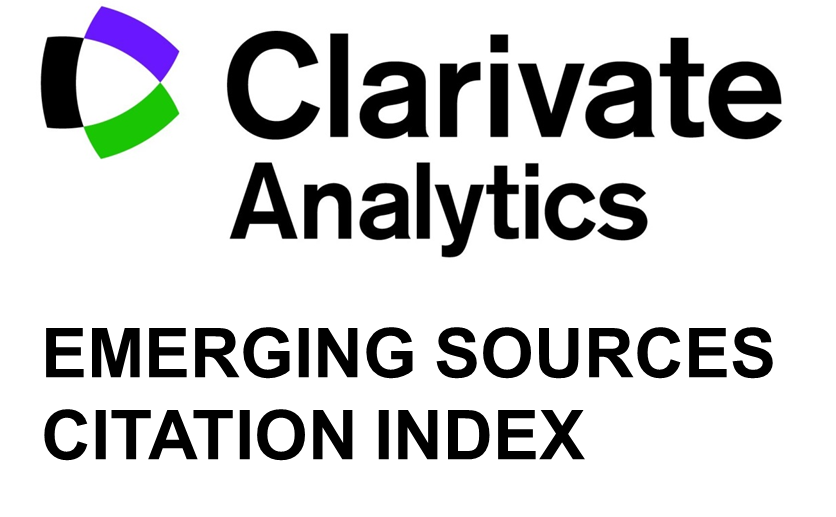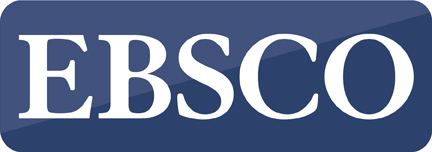Redefining the Management Roles: Response to Digital Networking and Access to a Large Amount of Information
Keywords:
Information role, decision-making role, digital social networks, the theory of information processing.Abstract
The achievements of digital age lead to necessary transformation of current elements of management into the new successful composition of modern management in the 21st century. Digitization has affected new ways of monitoring business processes, employees and external stakeholders, causing a large amount of information to be processed and treated in the right way. In such a business environment, a new mindset of managers is required, the one that relies on social intelligence, media literacy, computer-like thinking and virtual collaboration. The topic of the research is the analysis of implementation of innovative interpersonal, information and decision-making role. The aim of the paper is to determine the need for redefining the existing management practices into innovation-oriented one. On the one hand, on the path of transformation of management roles there will be application of high density digital social networks and decentralization in order to multiply business relationships and form a large information database in which managers can be found as recipients, senders and spokespersons of information. The above mentioned networks should be oriented to networking with external stakeholders to provide market intelligence. In this way, managers access diversified information easier and faster and should recognize their compatibility with an organization’s nature and business area. On the other hand, managers are faced with a new strategic framework that indicates a set of possible decisions when assimilating and exploiting obtained information. Also, managers are challenged to leave the common decision-making path, which in many cases results in adoption of routine business decisions, and to move towards a non-linear and unstructured decision-making process, leading to the adoption of creative and innovative business decisions. The goal is forming a paradoxical decision-making framework that allows innovative behavior of organization, by making business decisions which are flowing towards situational changes and enabling realization of longterm sustainability in business. Since a manager as an individual decision maker can process only a smaller amount of new information, trends point to application of joint decision-making model. Implementation of innovative management roles was analyzed in 50 large companies on the territory of the Republic of Serbia. Analysis was performed using the Mann-Whitney test and correlation analysis. Research results indicate the existence of differences in organizations’ level of innovation, depending on whether they apply innovative oriented interpersonal roles and decision-making roles or not. Also, statistically significant correlation of high intensity emerged between the use of innovative oriented interpersonal management roles and the degree of innovation in organization, and medium intensity correlation between the application of decision-making role and organization’s degree of innovation. The above mentioned results of the study indicate the importance of redefining management roles through focus on innovation and the role of interpersonal and decision-making roles, applying new business models.
Downloads
Published
Issue
Section
License
Copyright (c) 2018 Maja Strugar Jelača

This work is licensed under a Creative Commons Attribution-NonCommercial 4.0 International License.














